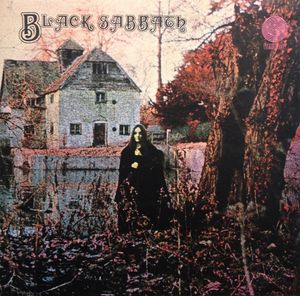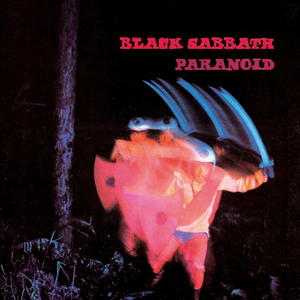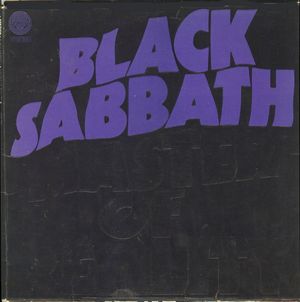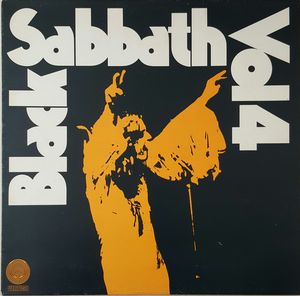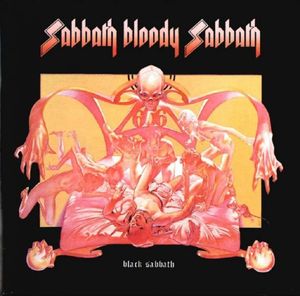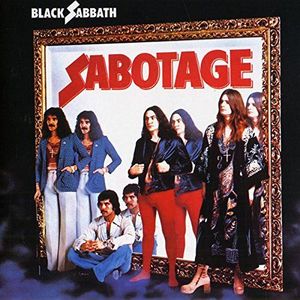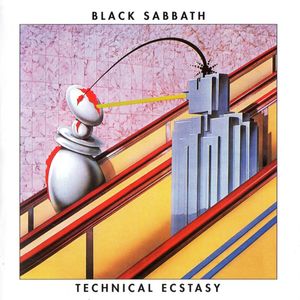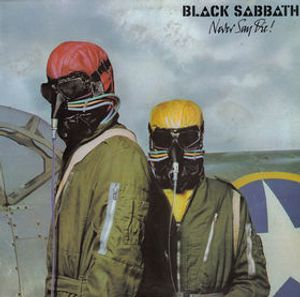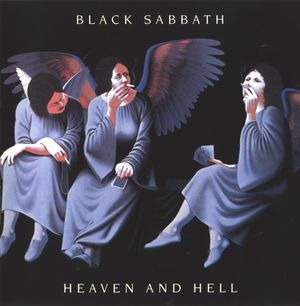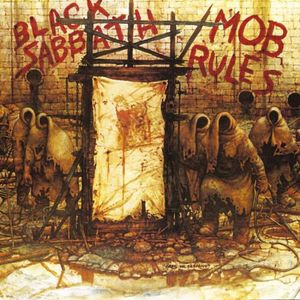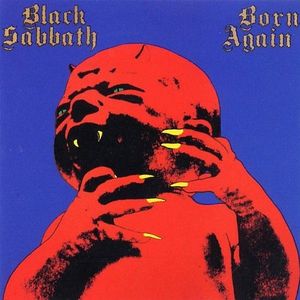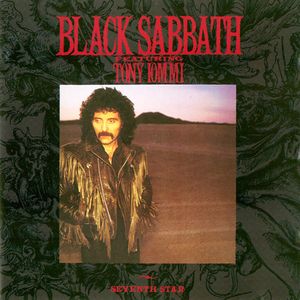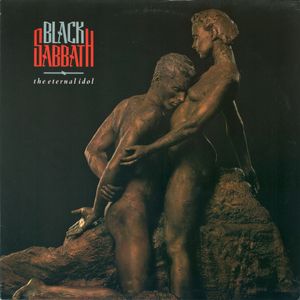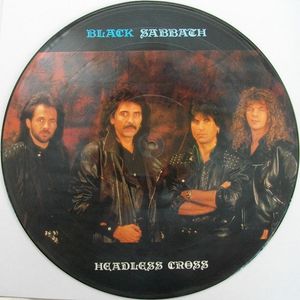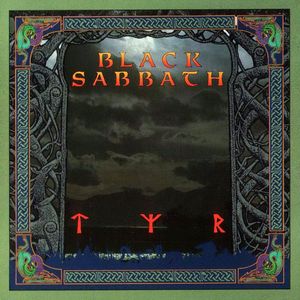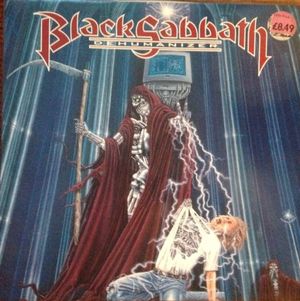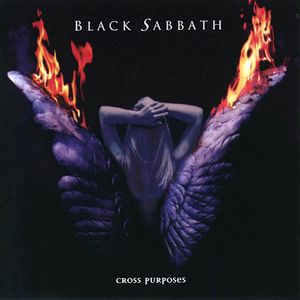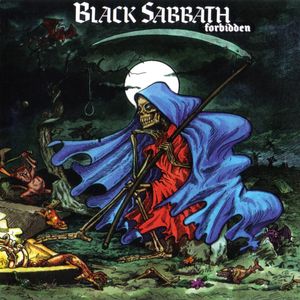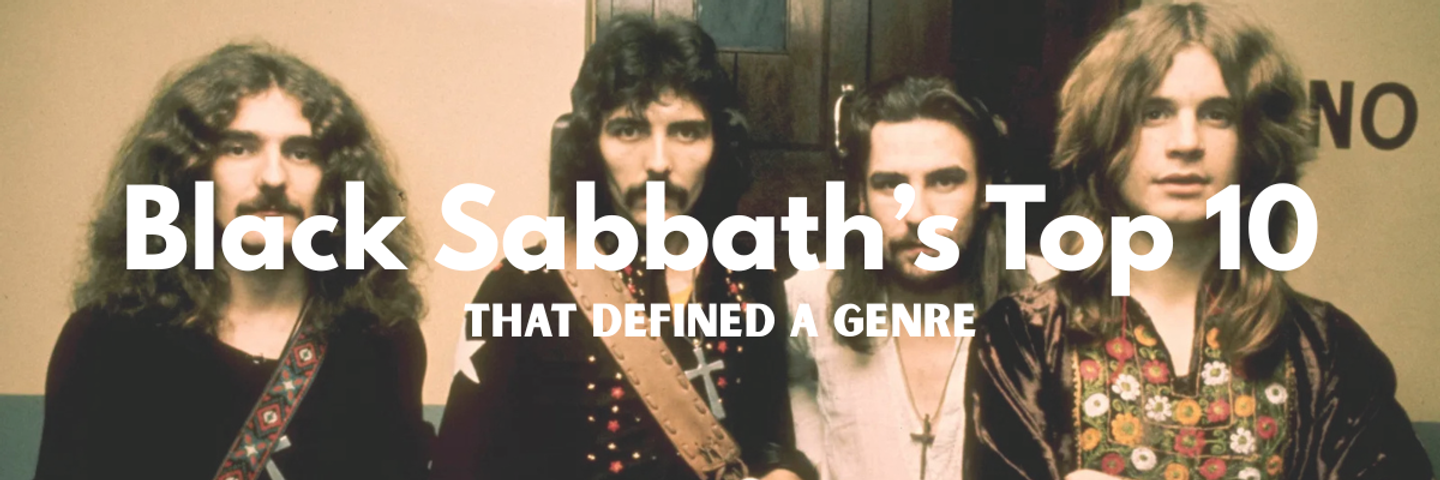
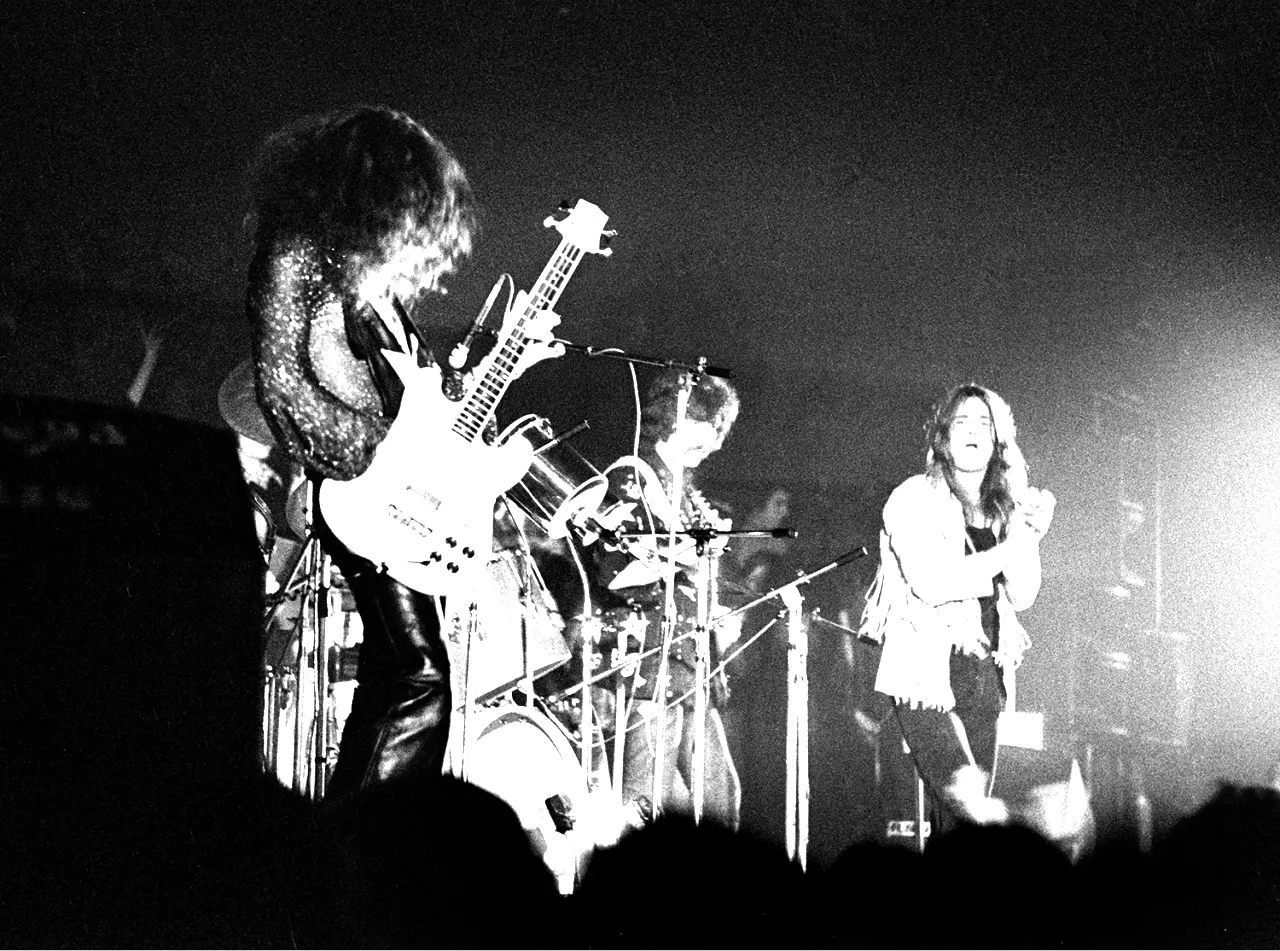
Black Sabbath
Follow Your Favorite Band Today!
Top Black Sabbath Community Posts
Story of Black Sabbath
Black Sabbath: The Unholy Pioneers of Heavy Metal
Black Sabbath, the legendary English rock band, emerged from the heart of Birmingham in 1968. Formed by the formidable quartet of guitarist Tony Iommi, drummer Bill Ward, bassist Geezer Butler, and vocalist Ozzy Osbourne, they are widely regarded as the progenitors of heavy metal music.
Their first three albums, Black Sabbath (1970), Paranoid (1970), and Master of Reality (1971), laid the groundwork for the genre, showcasing their signature sound of dark, heavy riffs, ominous lyrics, and a haunting atmosphere. This sound, often fueled by occult themes and horror-inspired lyrics, was further enhanced by Iommi's innovative use of down-tuned guitars, creating a sonic landscape both terrifying and compelling.
The band's journey was marked by numerous lineup changes following Osbourne's departure in 1979, with Iommi remaining the sole constant member. Before settling on the name Black Sabbath in 1969, the band experimented with other monikers, including Polka Tulk Blues Band and Earth.
Their journey began with their signing to Philips Records in November 1969, followed by their first single, a cover of "Evil Woman" by Crow, released in January 1970. Their self-titled debut album, Black Sabbath, followed closely, in February 1970. Although initially met with critical indifference, the album found commercial success, paving the way for the iconic Paranoid, released later that year.
The band's popularity steadily grew, culminating in critical acclaim for Sabbath Bloody Sabbath (1973). This album, along with its predecessor Vol. 4 (1972), showcased a more mature and introspective side of Black Sabbath, cementing their status as pioneers of heavy metal and a major force in the evolution of rock music.
Frequently Asked Questions
Bands you may like
More Blues Rock Bands
Discover more bands in the Blues Rock genre and explore the diverse sounds that define this musical style.
Browse All Blues Rock BandsMore Bands from United Kingdom
Discover the rich musical heritage of United Kingdom and explore bands that represent the country's unique sound and culture.
Browse All United Kingdom Bands
